
EU4Energy: Helping to put energy policy into practice
A robust legislative and regulatory framework is vital for a competitive energy sector capable of attracting investment. The Energy Community Treaty extends key EU energy and energy-related legislation to its Contracting Parties, based on a legally binding framework. Thus, through the EU4Energy programme, the EU is funding support to Georgia, Moldova and Ukraine in these ambitious and comprehensive reforms.
The EU4Energy Initiative aims at improving energy supply, security and connectivity, energy efficiency and the use of renewables in the six Eastern Partner countries. Under the Initiative, the Energy Community Secretariat is working to strengthen the legislative and regulatory frameworks of the three countries, drafting policy recommendations, and helping identify investment opportunities in key strategic energy infrastructure projects.
Strengthening governance in the Eastern Partnership
The Energy Community Secretariat is delivering technical assistance to the three Eastern Partner countries that are members of the Energy Community – Georgia, Moldova and Ukraine. “Our role is to assist these three countries to upgrade and align their energy-related legal framework with the one of the EU,” explains Energy Community Director Janez Kopač, “and this important EU-funded Programme provides additional resources to do this more effectively.”
Working together towards regulatory changes is helping the EU’s Eastern Partners transition towards more sustainable energy systems. Measures being put forward will have an impact at local level and will help to reduce dependency on fossil fuels, improve the security of energy supply and allow countries to contribute more actively to climate change mitigation.
 Energy Community Director Janez Kopač
Energy Community Director Janez Kopač
Transforming energy infrastructure for sustainable benefits
The Energy Community Secretariat’s involvement in the EU4Energy Initiative also goes beyond the adoption of primary legislation through its support in establishing working groups to follow up on energy sector reforms. In the long term, these will contribute towards sustainable economic development, jobs and investment, greater resilience in the face of climate change; and a reduced carbon footprint.
In Georgia, for example, the focus at the moment is on drafting a law on the Energy Performance of Buildings and developing a sound framework to ensure the smooth transition towards liberalised electricity and gas markets. “Georgia has just joined the Energy Community as a Contracting Party and currently has no energy efficiency legislation in place,” says Kopač.
With support of EU4Energy, the country is developing the corresponding draft Law to introduce minimum energy performance requirements, certification and ensure availability of information on the energy consumption of buildings. Ultimately, this will help to improve the quality of life of consumers.
In Moldova, the project has supported the Government in revising primary legislation on energy efficiency to ensure compliance with the Energy Community legislation. “A high-level policy discussion on energy efficiency legislation takes place in 2018. This meeting will increase the pace of adoption of energy efficiency legislation,” notes Kopač. Currently the project targets the identification of gaps in the legislation related to energy performance of buildings, which again will benefit citizens by lowering energy consumption thanks to minimum energy performance requirements for buildings.
The country is also developing electricity market rules to ensure competitiveness and cross-border access to the network. In the gas market, EU4Energy supports Moldova in the development of gas transmission and distribution network codes. Support for developing a regulation limiting the emission of certain pollutants into the air from large combustion plants also kicked off.
In Ukraine, the project provides assistance to the authorities in the areas of energy efficiency, electricity and gas. One such example proposed amendments to the Ukrainian draft energy performance of buildings law to bring it in line with the respective EU Directive. Additional support is provided by the project to Ukraine to calculate its energy efficiency target up to 2020 as foreseen by the Energy Community Treaty and Association Agreement with the EU. Ukraine, with support from EU4Energy, is developing electricity market rules and secondary legislation on electricity in line with EU law. The focus in the gas sector is on practical legal and regulatory solutions to implement the gas market law, including the unbundling of transmission system operators.
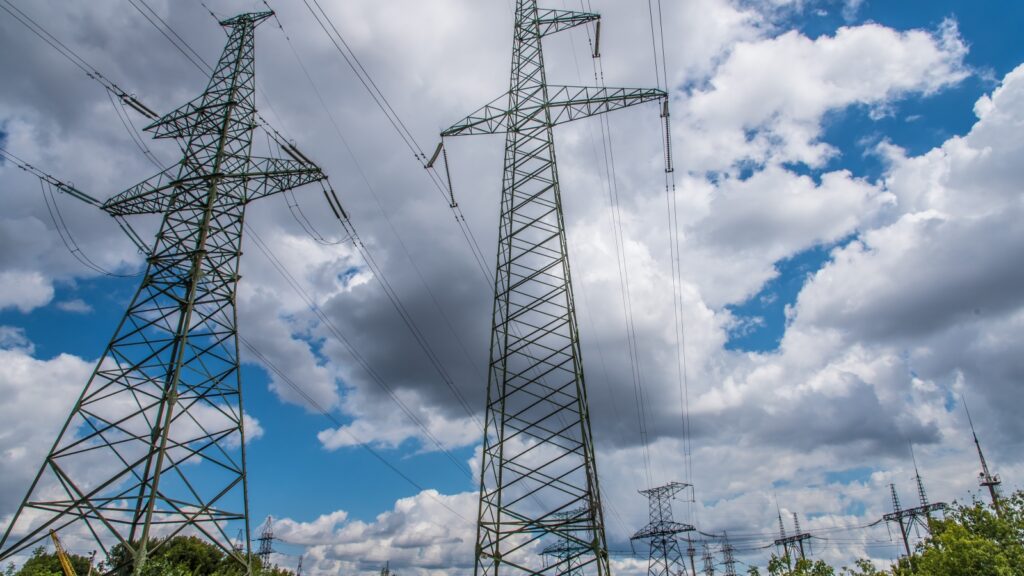 Republic of Moldova
Republic of Moldova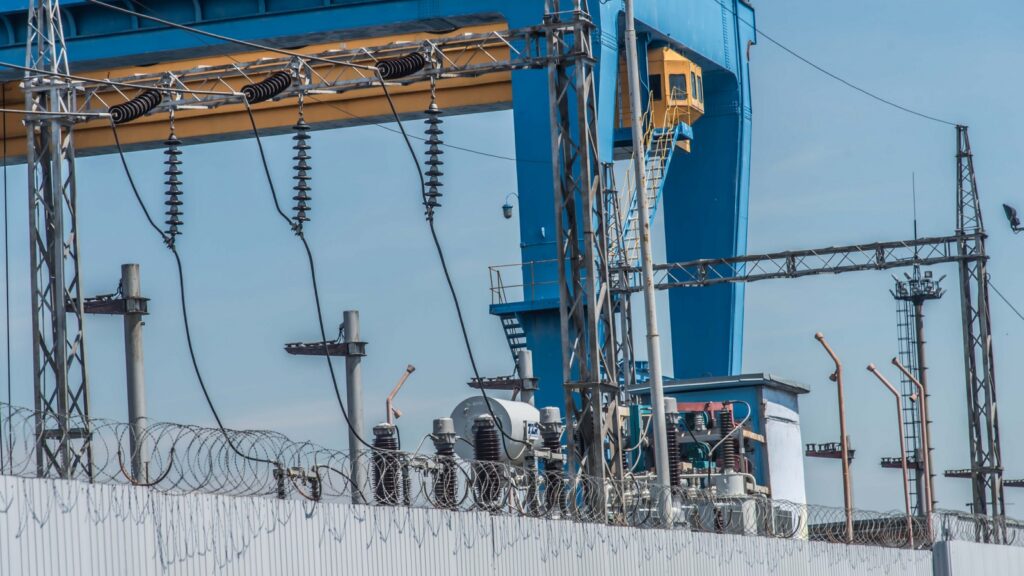 Ukraine
Ukraine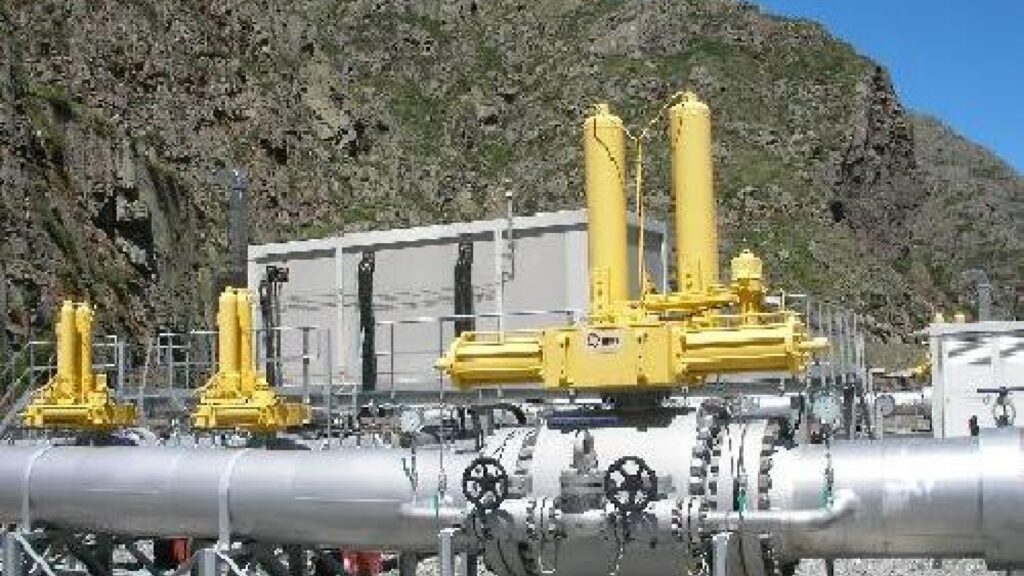 Georgia
Georgia
Identifying key infrastructure projects
The Energy Community is also responsible for identifying key energy infrastructure projects across countries in the region. A south Caucasus energy summit in Tbilisi brought together Armenia, Azerbaijan, Belarus, Georgia, Moldova and Ukraine. “The focus was on identifying key cross-border interconnections between these countries and make trade in electricity and gas easier,” says Kopač. “We recently launched the process of identifying potential projects.”
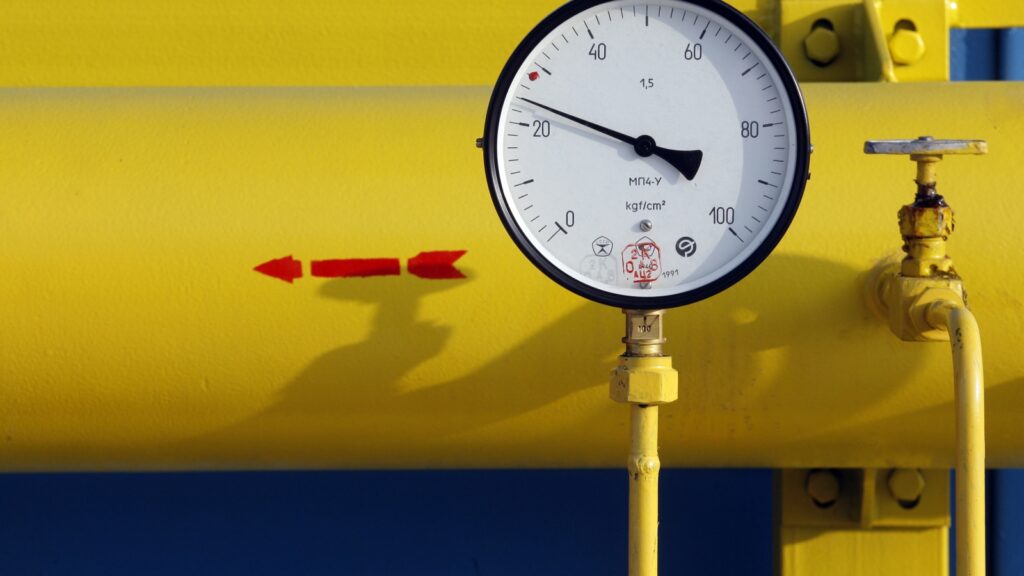 Ukraine
Ukraine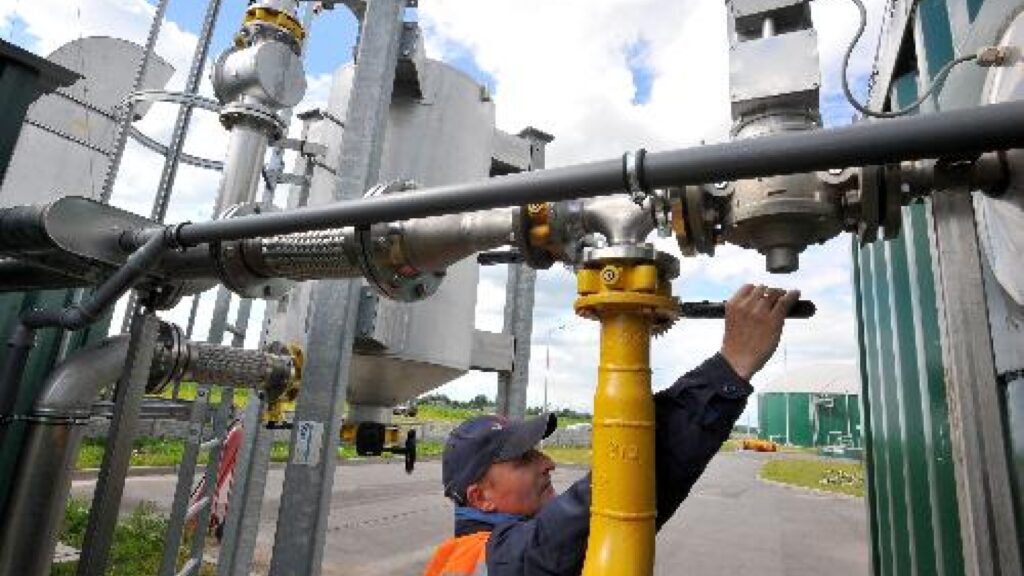 Ukraine
Ukraine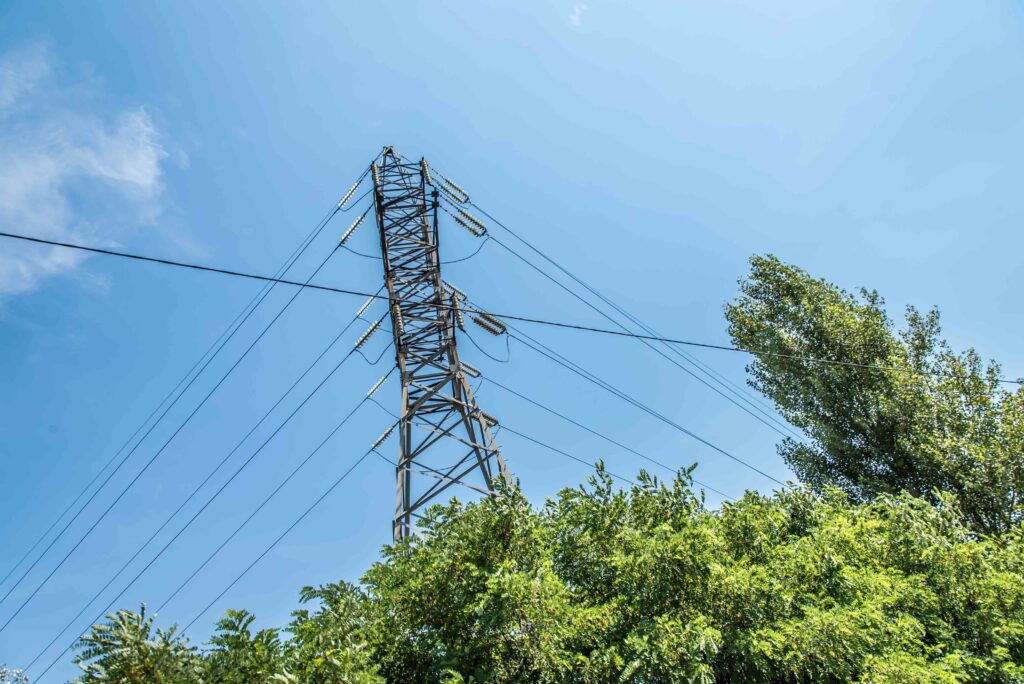 Ukraine
Ukraine
Moving forward, the Energy Community is organising numerous workshops and working groups to support the preparation and adoption of legislation in all three countries. This will continue through the lifetime of the Programme and beyond.
MOST READ
SEE ALSO

‘The Kremlin has entered the chat’: how to protect your personal data on Telegram and avoid the bait of propaganda

No, time is not on Russia‘s side

Socks for Peace: how the Vilni project is supporting internally displaced women in Ukraine
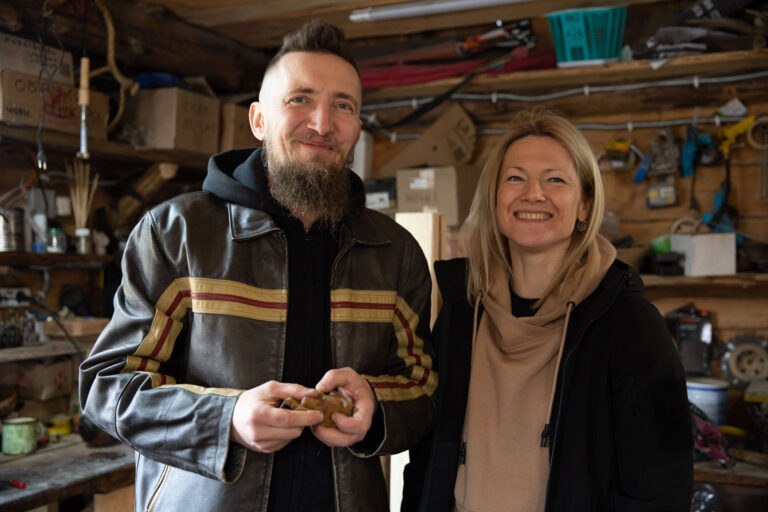
Celebrating traditional Ukrainian cultural identity in Rivne
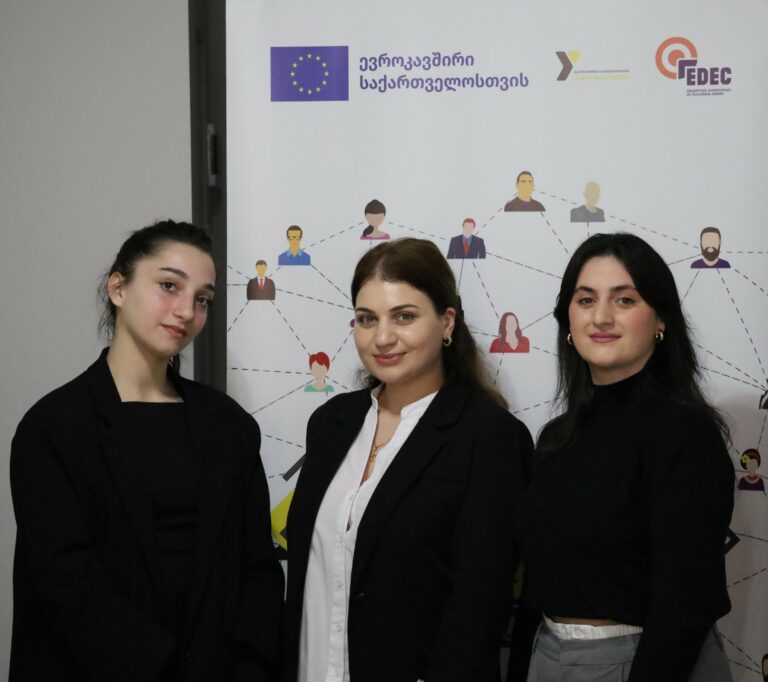
A hands-on approach to boost youth employment in Georgia
More campaign pages:
Interested in the latest news and opportunities?
This website is managed by the EU-funded Regional Communication Programme for the Eastern Neighbourhood ('EU NEIGHBOURS east’), which complements and supports the communication of the Delegations of the European Union in the Eastern partner countries, and works under the guidance of the European Commission’s Directorate-General for Neighbourhood Policy and Enlargement Negotiations, and the European External Action Service. EU NEIGHBOURS east is implemented by a GOPA PACE-led consortium. It is part of the larger Neighbourhood Communication Programme (2020-2024) for the EU's Eastern and Southern Neighbourhood, which also includes 'EU NEIGHBOURS south’ project that runs the EU Neighbours portal.

The information on this site is subject to a Disclaimer and Protection of personal data. © European Union,







